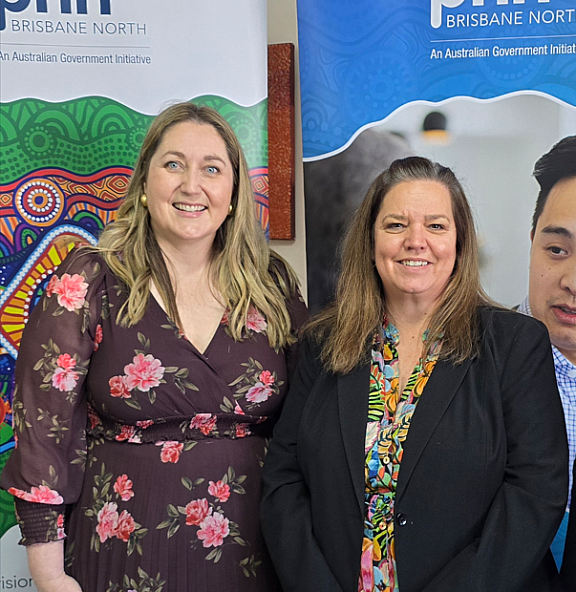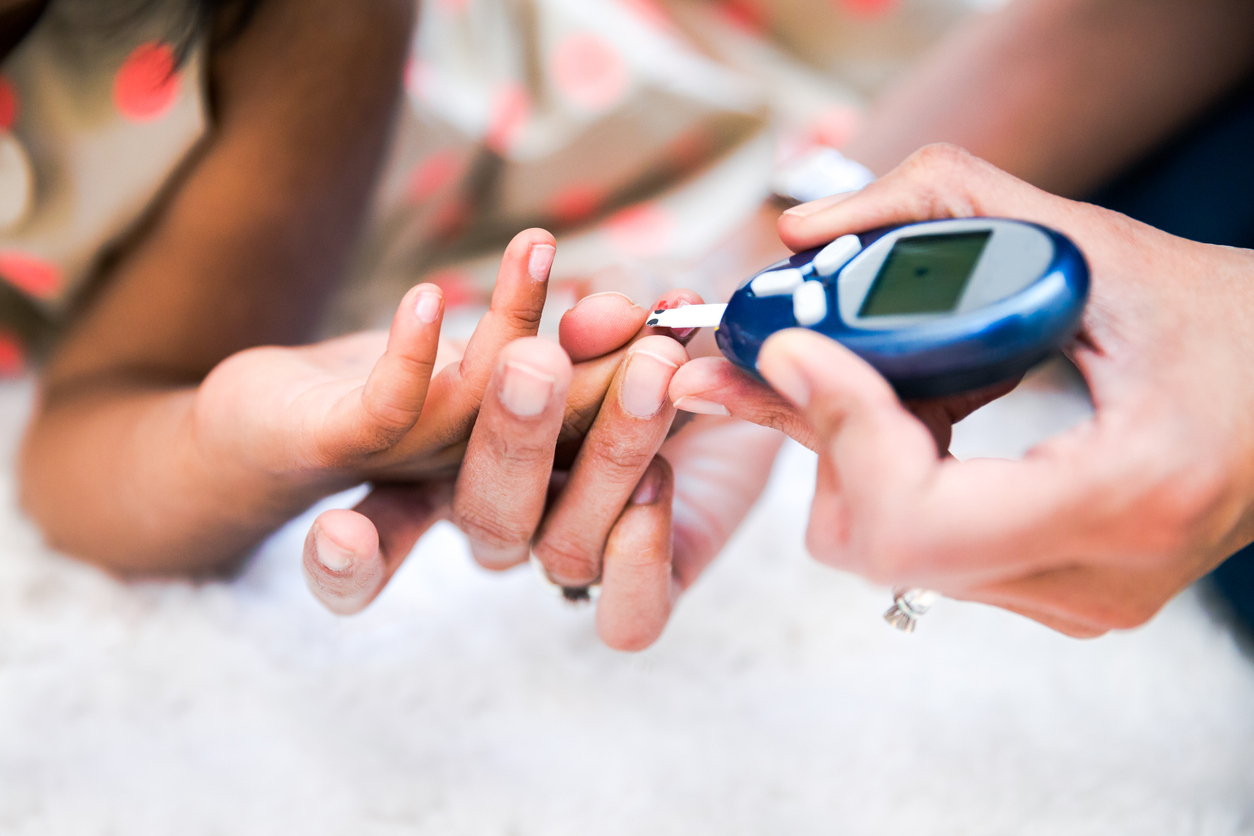
Announced: North Brisbane and Moreton Bay Medicare Mental Health Centres opening from July
Mar 27, 2025
June 17, 2022

Three Australian children are diagnosed with type 1 diabetes every day, with 90 per cent having no family history of the disease.
Dr Kirstine Bell, Principal Research Fellow of the Type 1 Diabetes National Screening Pilot, said the only way to capture most children is through population-wide screening.
“Unfortunately, children are often diagnosed too late, with one in three requiring hospitalisation with life-threatening diabetic ketoacidosis (DKA).
“DKA is traumatic and has lifelong implications for a child’s growth and development, cognitive impairment, long-term blood glucose levels, and the risk of serious diabetes complications in the future.”
Dr Bell says screening creates a window of opportunity to delay type 1 diabetes or prevent it altogether.
“International studies have shown that by screening for pre-symptomatic type 1 diabetes about 90 per cent of all cases of DKA in children under five years can be prevented, and the incidence of DKA in children under 16 years is reduced to less than five per cent.
“Teplizumab – currently being evaluated for the treatment and prevention of type 1 diabetes - has recently shown it can delay onset of the disease by an average of three years to date. Follow-up is ongoing and the treatment is currently undergoing FDA review for approval in the US.”
For children aged 6-12 months who participate in the Type 1 Diabetes National Screening Pilot, a saliva sample will be collected and tested to assess the child’s polygenic risk score – a measure used to assess the child’s individual risk based on their genetics.
This saliva sample can be collected at home or by the child’s local GP, practice nurse or participating pharmacy.
“Through assessing their polygenic risk score we can identify children with a genetic risk factor for type 1 diabetes. At risk children will then be offered education and ongoing monitoring for early-stage type 1 diabetes.”
Introduction to Type 1 Diabetes National Screening Pilot for Primary Care Providers [webinar recording].

We acknowledge the Traditional Custodians within our region: the Jagera, Turrbal, Gubbi Gubbi, Waka Waka and the Ningy Ningy peoples of where we meet, work and learn. Brisbane North PHN is committed to reconciliation. Our vision for reconciliation is where the stories of our First Nations’ people are heard and shared, and networks are formed.